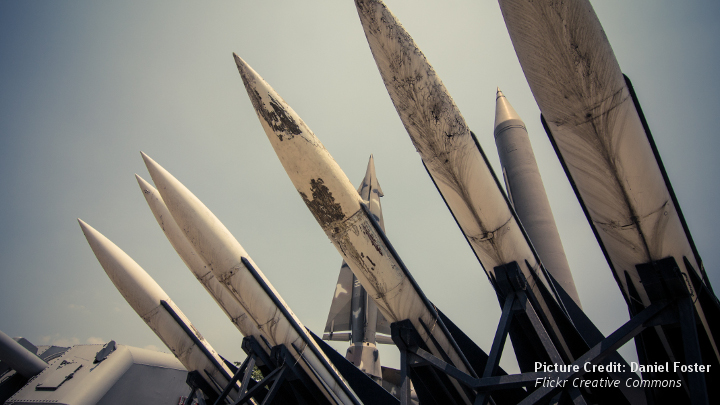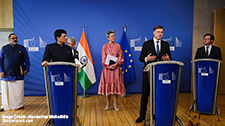Nuclear Security Cooperation in Northeast Asia: Implications from EURATOM

Sangsoo Lee and Bernadetta Ginting
Northeast Asia is currently facing several nuclear issues, such as the nuclear crisis on the Korean Peninsula and a potential arms race between the countries in the region. These issues have led to the discussion of an institutionalized regional framework that could help in finding a solution to common problems in the region. Regional nuclear cooperation might be difficult to be realized with the high tension and distrust among the countries, but as was proven in Europe, such cooperation could contribute to confidence- and trust-building. This paper explores the history of EURATOM and identifies learning points that could be used for similar cooperation in Northeast Asia. Research and development, activities related to nuclear safety and regional safeguard measures are areas that could be applied based on the EURATOM experience. The U.S. would play a large role, as was proven in Europe and is predicted to be in Northeast Asia, making it a challenge for the realization of the cooperation. However, regional nuclear cooperation in Northeast Asia is not impossible through small steps that would build up trust and confidence.
Related Publications
-
ISDP Annual Report 2023
ISDP’s Annual Report for the year 2023. We look back on 2023, a year in which tensions and conflicts captured the strategic space in ISDP’s focus areas, making headlines around […]
-
Navigating Uncertainty: How Multinationals Can Hedge Against Rising Tensions in the Taiwan Straits
When geopolitical tensions in critical regions can reshape the landscape of global trade overnight, multinationals are finding it increasingly necessary to adopt sophisticated risk management strategies. The Taiwan Straits, a […]
-
EU-Thailand FTA Negotiations: IUU Fishing and Human Rights Remain Obstacles
Thailand’s fishing industry, which at its height saw as many as 200,000 migrant workers from neighboring Laos, Myanmar, and Cambodia caught in a brutal system of abuse, withered global criticism […]
-
Trade, Connectivity and Supply Chains in EU-India Relations
In the decade and a half since 2007 when the EU and India first started their FTA negotiations, the world economic order has undergone a sea change. During that period, […]
-
Indo-Pacific Security in 2030-35: Links in the Chain
In recent years, events like the COVID-19 pandemic and the Russia-Ukraine war have brought global supply chains squarely under the spotlight. The economic impact of these disruptive events exposed the […]




